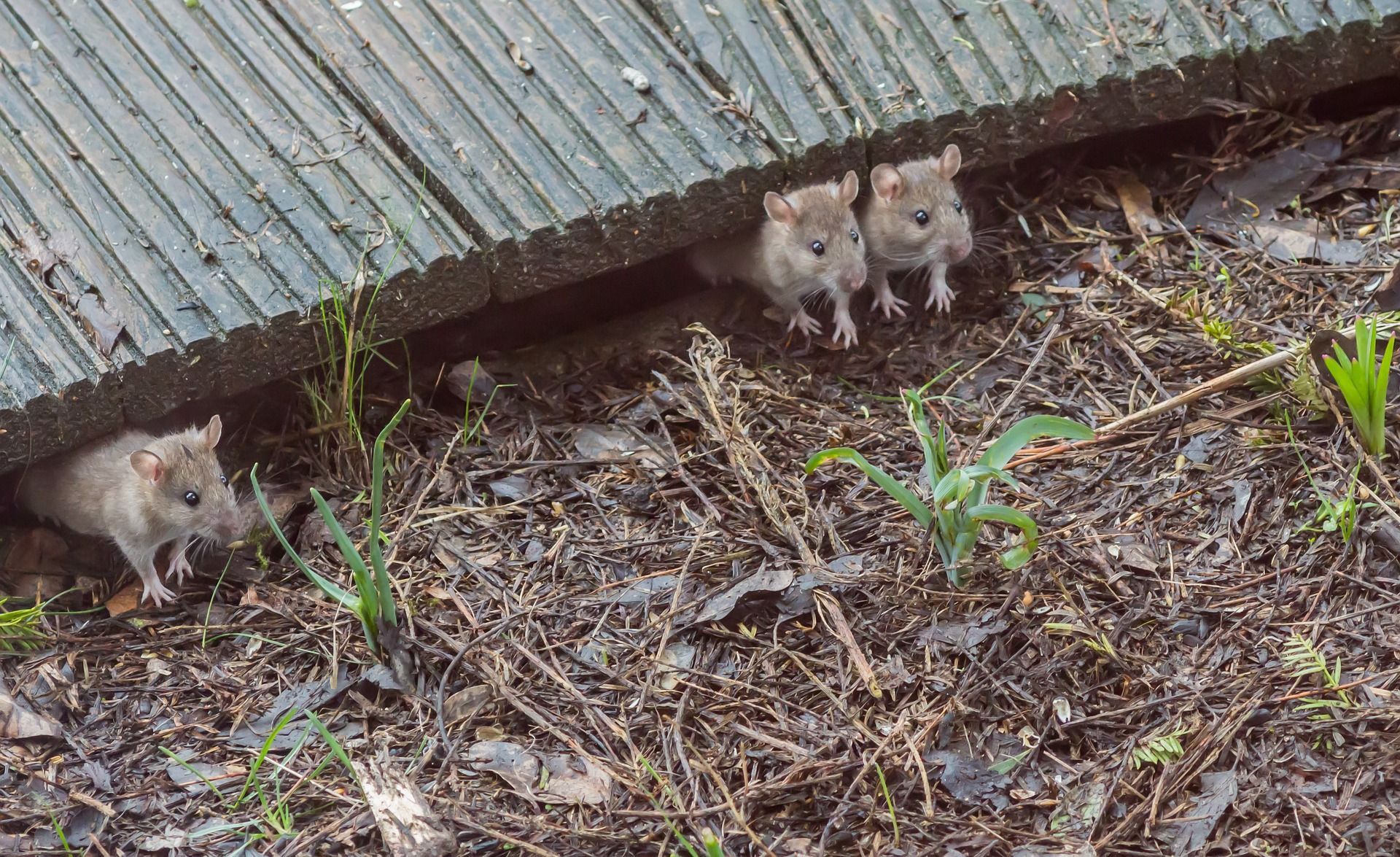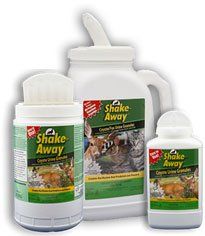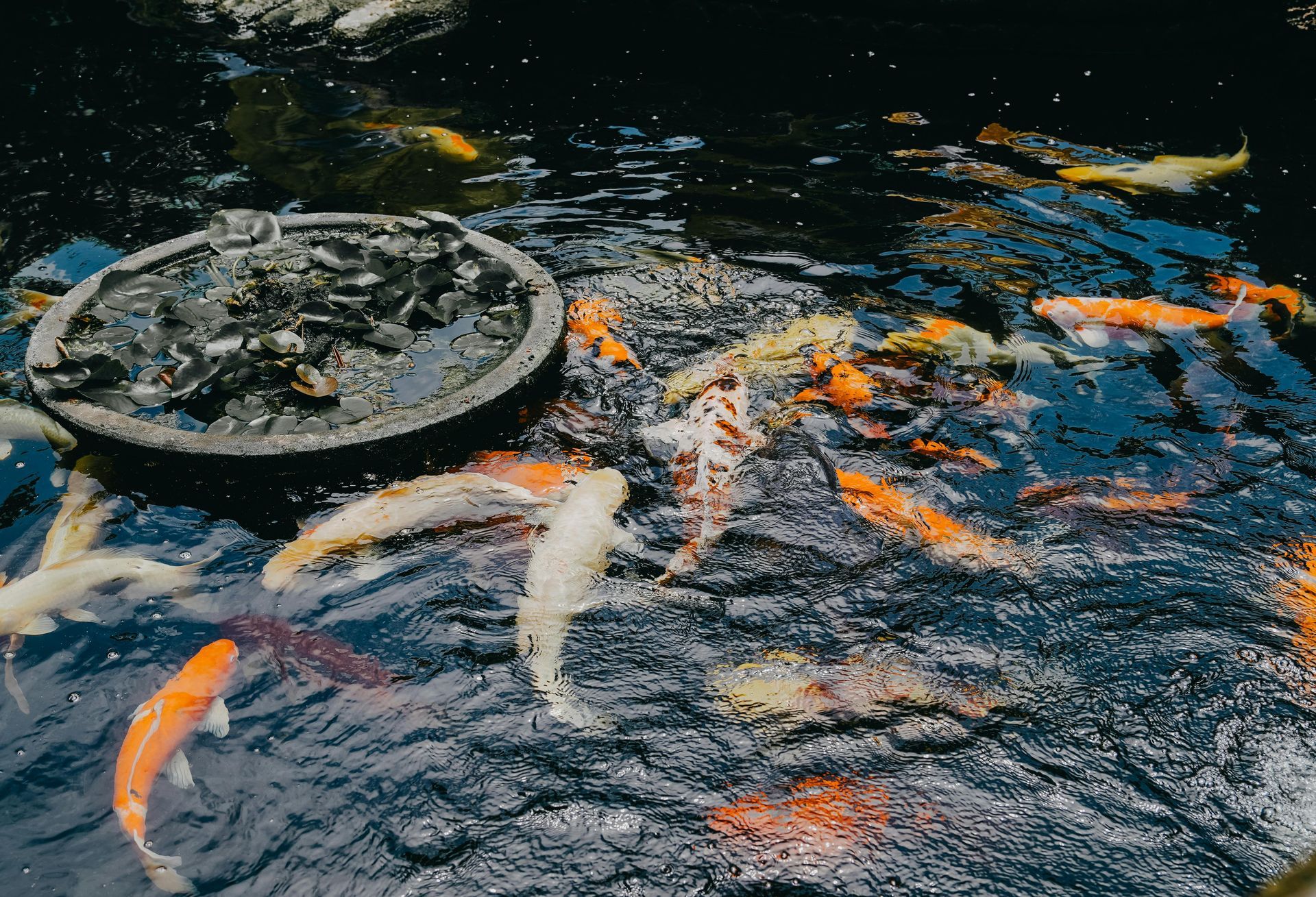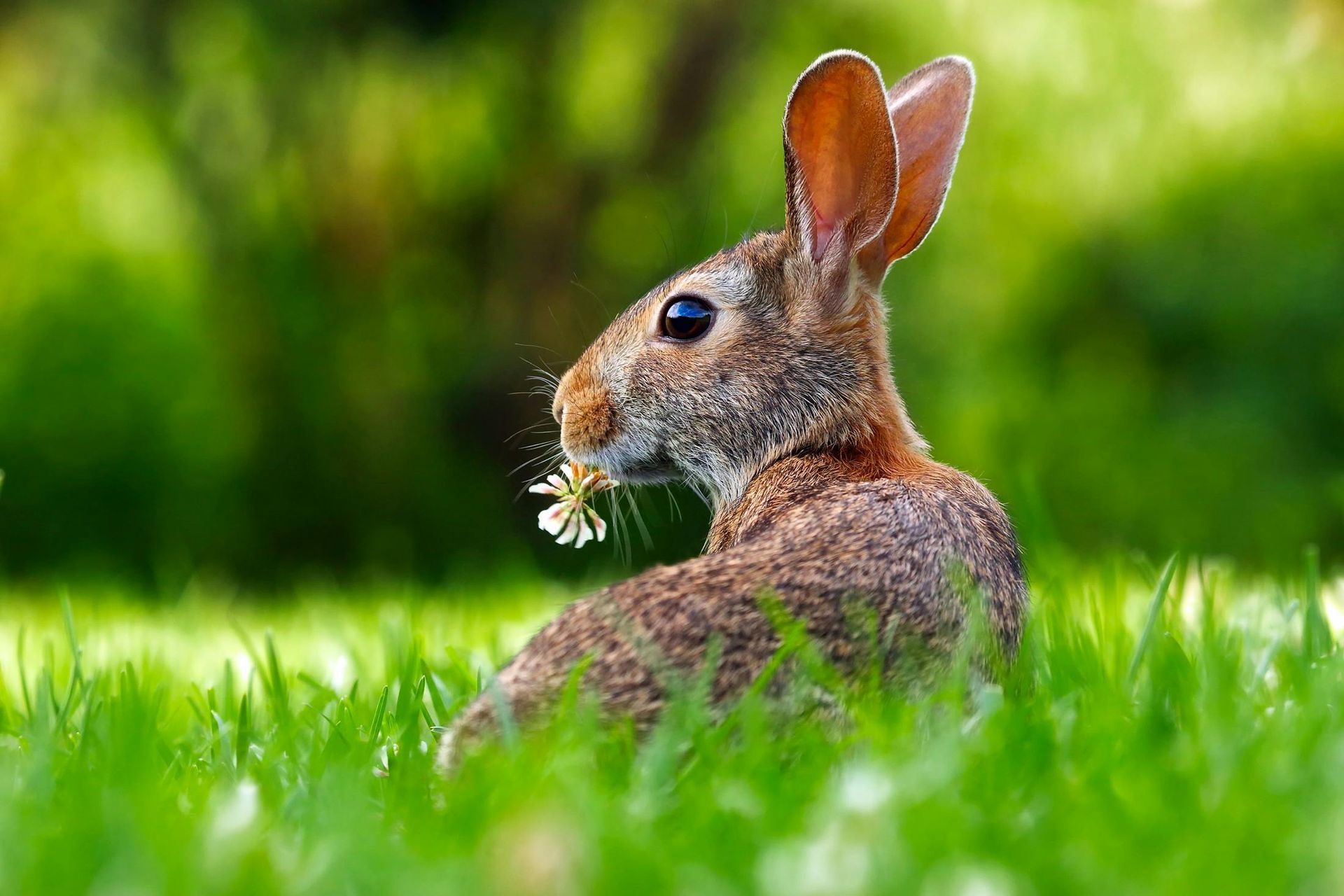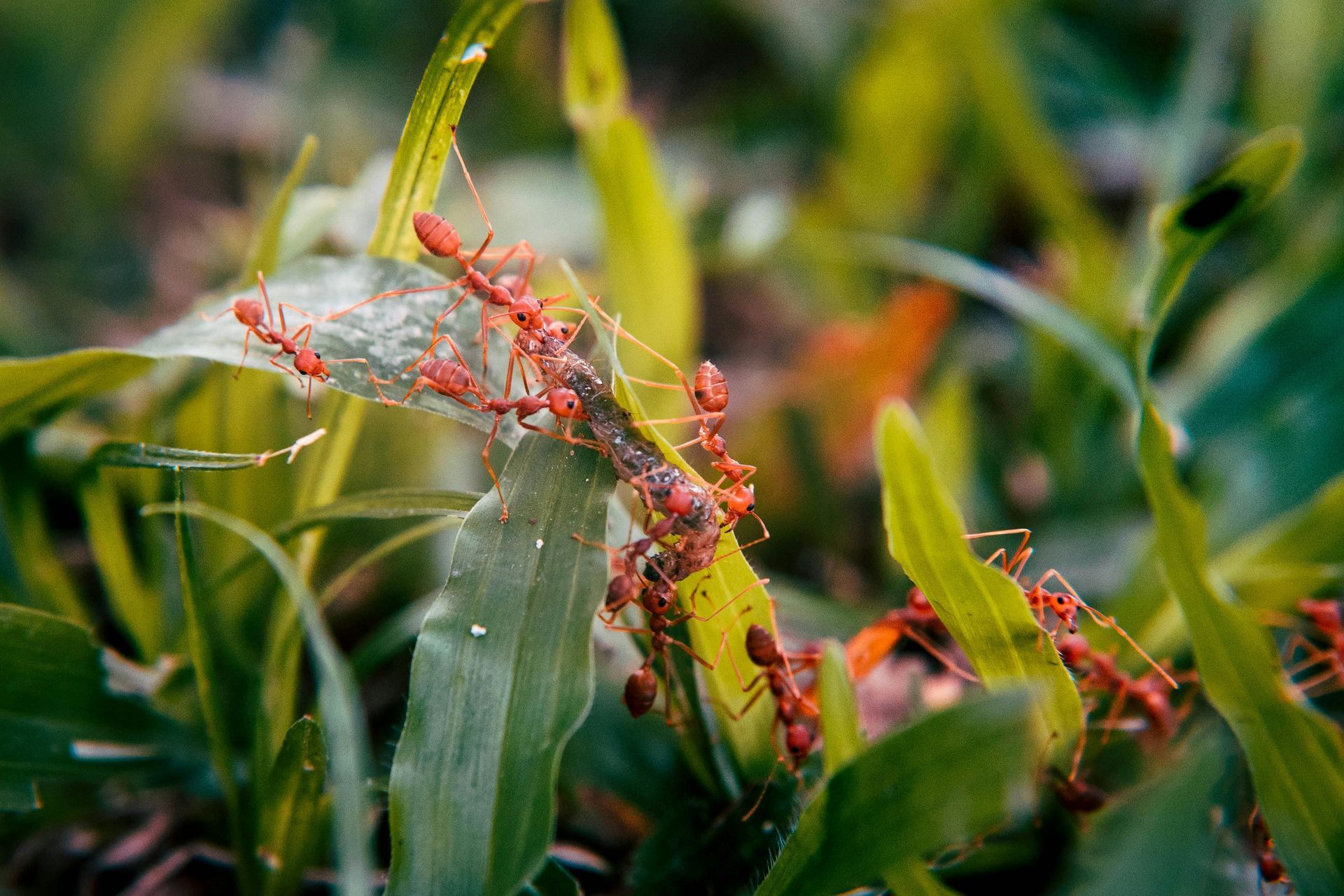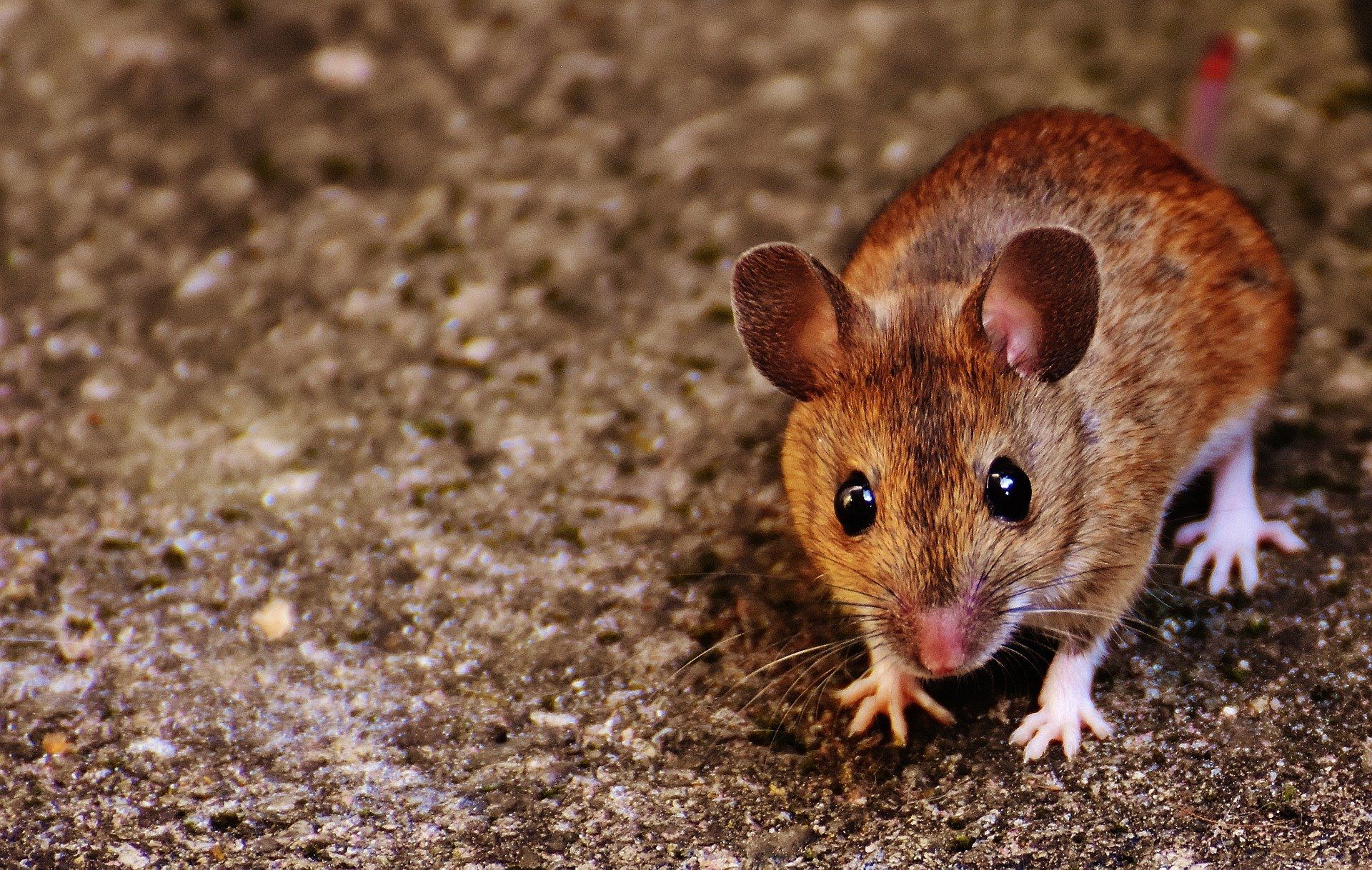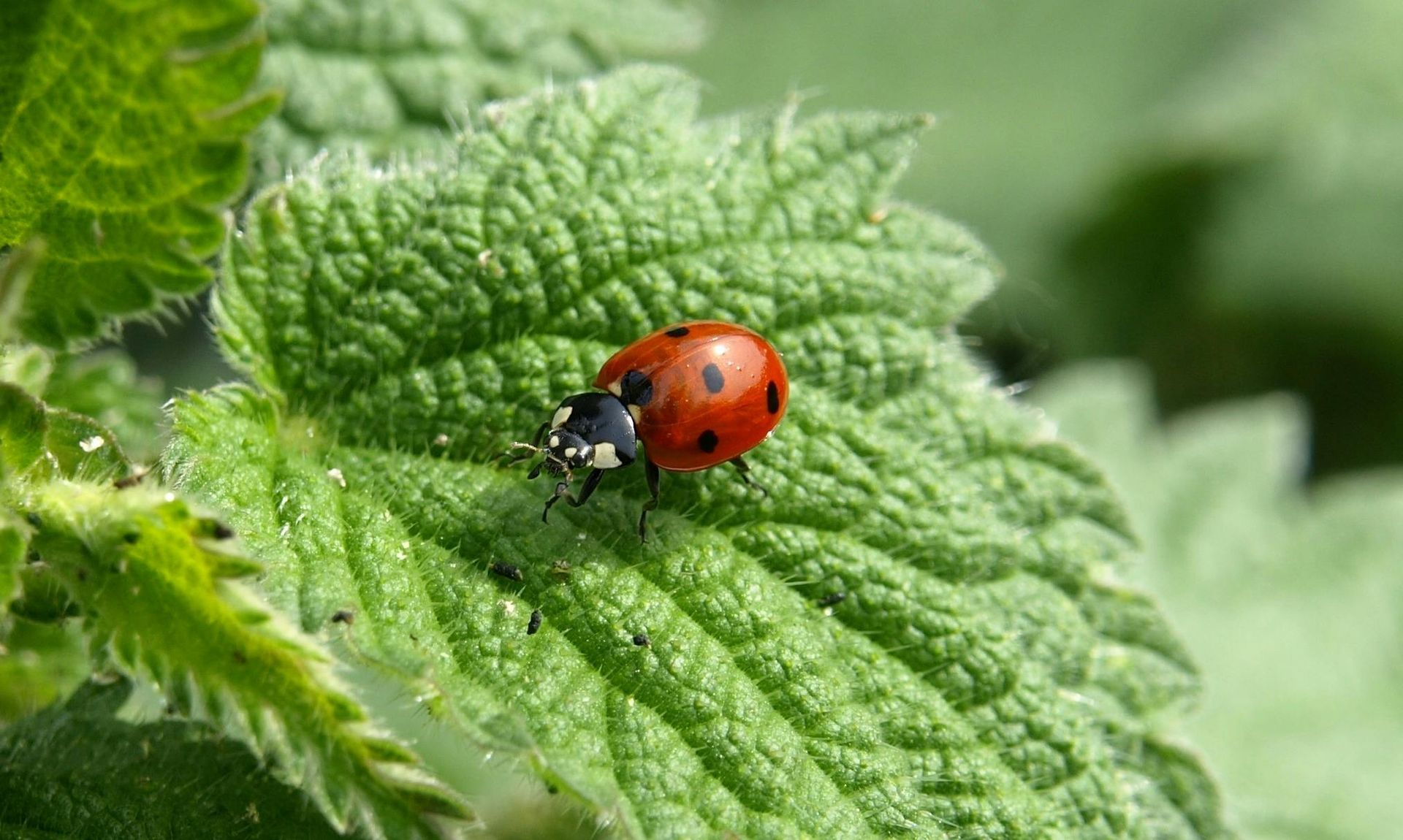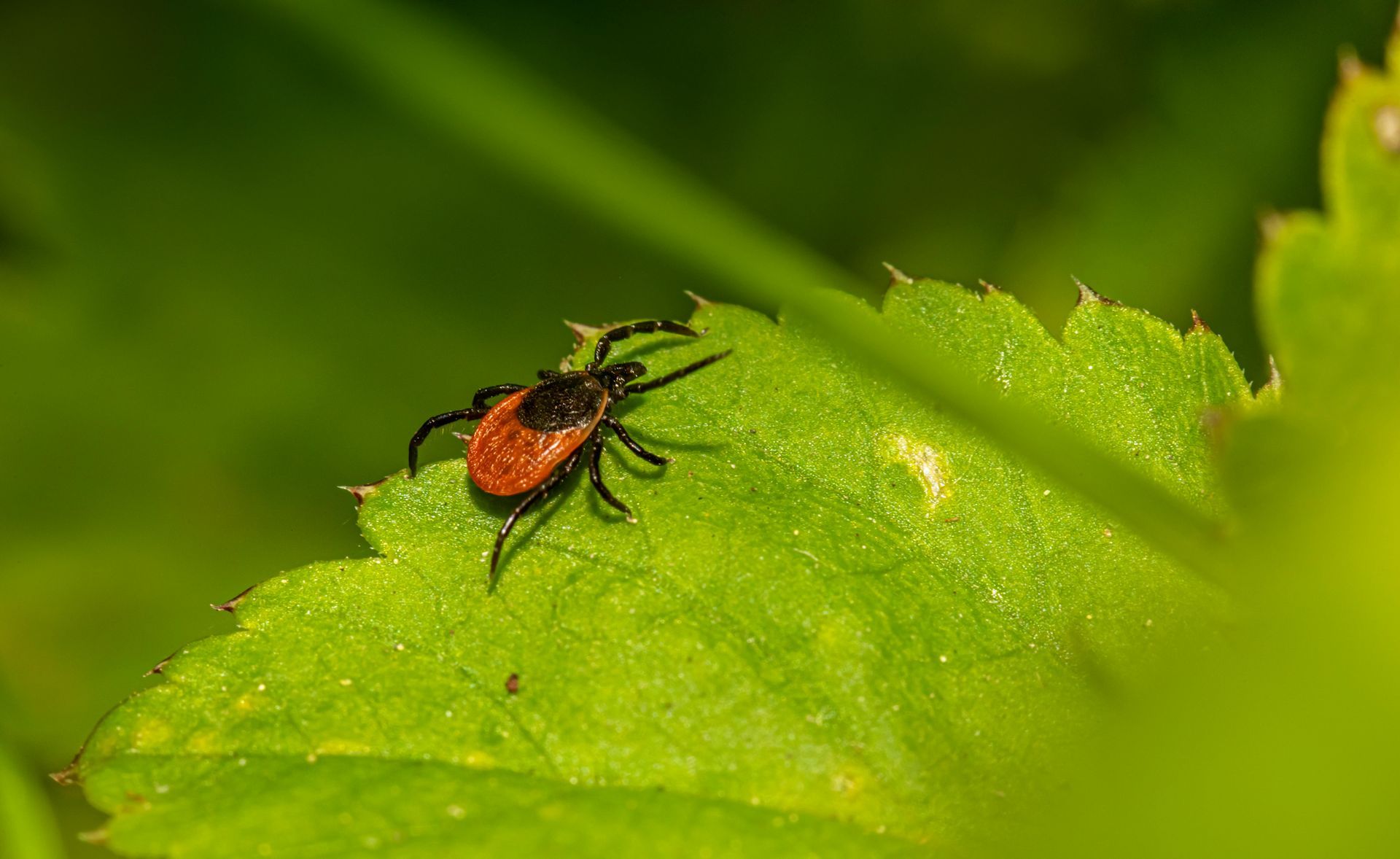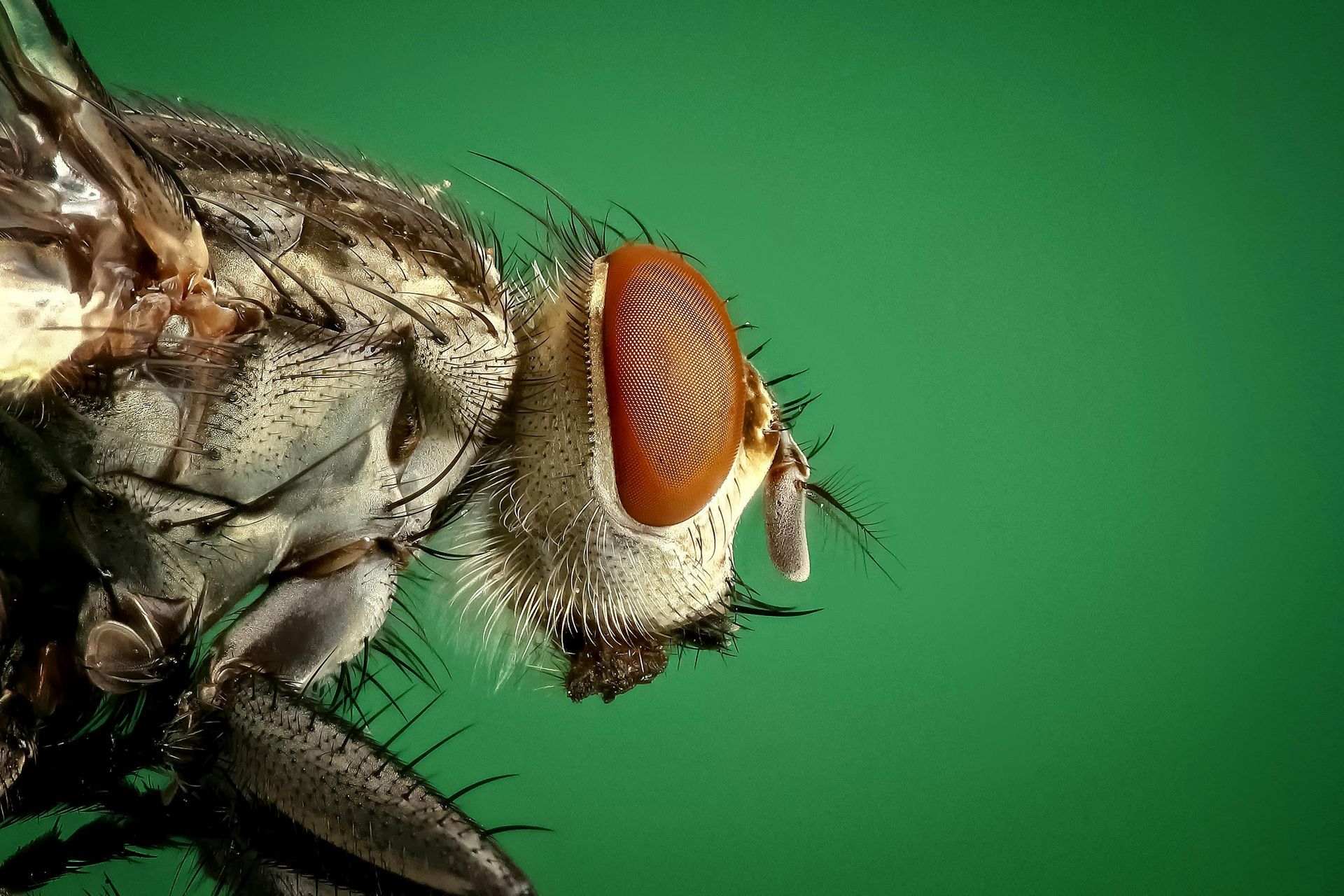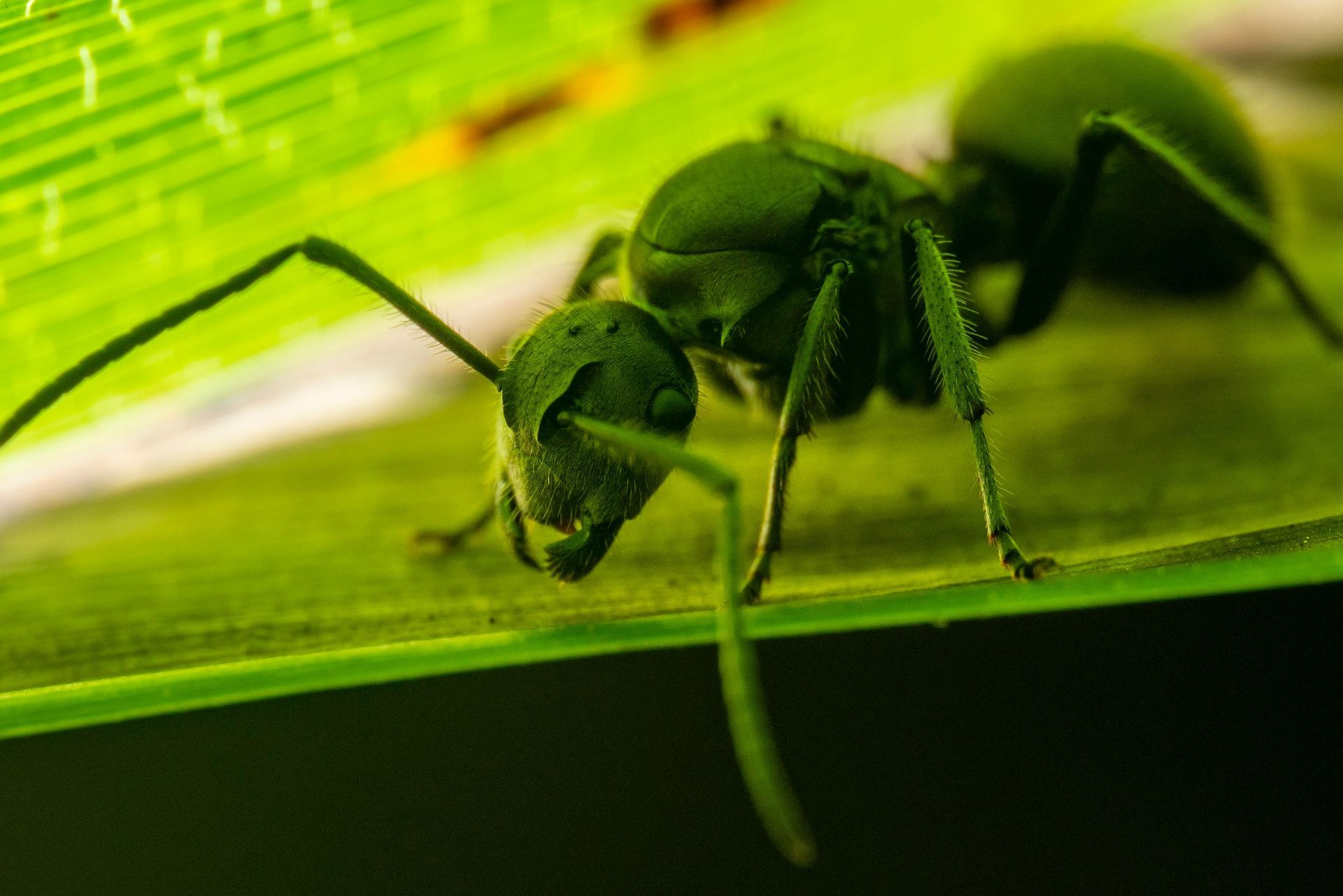Flourishing Flowers and Bountiful Vegetables: Thriving Plants for Your Lush Yard
Unleash Nature's Beauty: Discover the Perfect Plants to Create a Lush Oasis in Your Own Backyard
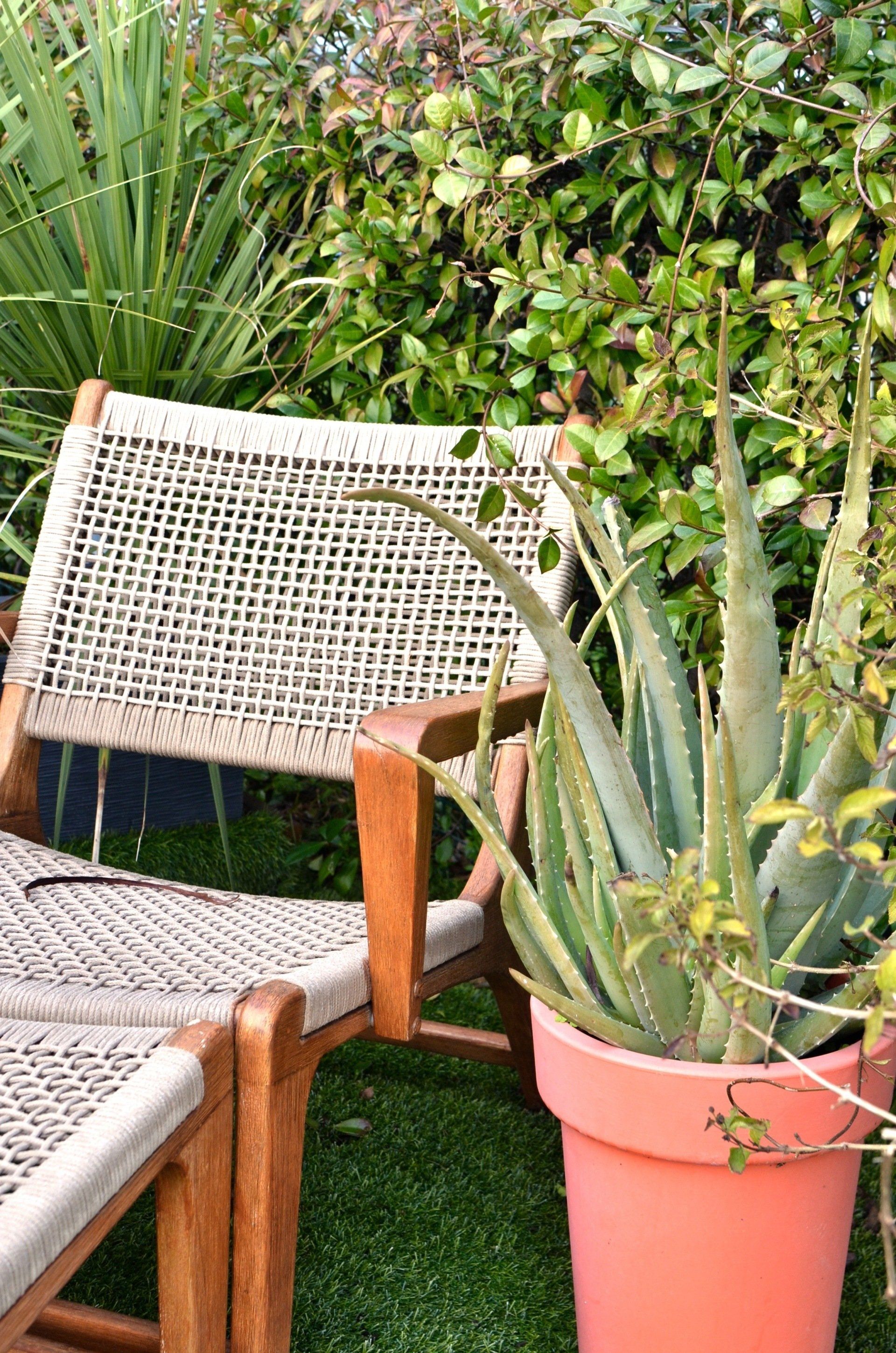
Creating a vibrant and fruitful yard starts with selecting the right plants that thrive optimally in your specific conditions. If you are a homeowner who shares our passion for natural and environmentally friendly yard care, you'll be delighted to discover the wide array of flowers and vegetable plants that can transform your space into a lush oasis. In this article, we'll explore some of the top choices for your yard, providing insights into their requirements and benefits.
Sun-Loving Flowers - When it comes to selecting flowers that thrive in your yard, sunlight plays a crucial role. Here are a few sun-loving options to consider:
- Marigolds (Tagetes spp.): Known for their vibrant colors and pest-repellent properties, marigolds are a popular choice. They thrive in full sun and well-draining soil, making them an excellent addition to flower beds and borders.
- Zinnias (Zinnia spp.): With their dazzling blooms and wide range of colors, zinnias are a cheerful addition to any yard. These heat-tolerant flowers thrive in full sun and can endure dry conditions, making them perfect for hot summers.
- Black-eyed Susans (Rudbeckia spp.): These charming, daisy-like flowers are not only attractive but also attract pollinators. Black-eyed Susans prefer full sun and moderately fertile, well-drained soil.
Growing your own vegetables not only provides you with fresh produce but also promotes a sustainable lifestyle. Here are a few vegetable plants that thrive in various conditions:
- Tomatoes (Solanum lycopersicum): Tomatoes are a staple in many vegetable gardens. They require ample sunlight, well-drained soil, and regular watering. Choose from a wide variety of tomato types suited to your region and preferences.
- Salad Greens (Lactuca spp.): Lettuce, spinach, and other salad greens are excellent choices for home gardening. They prefer cooler temperatures and partial shade. Plant them in rich, well-draining soil and provide consistent moisture.
- Bell Peppers (Capsicum annuum): Bell peppers thrive in full sun and fertile, well-drained soil. They are a versatile addition to any garden and can be used in various culinary creations.
Caring for Your Plants:
To ensure the optimal growth and health of your flowers and vegetable plants, it's important to follow some general care guidelines:
- Soil Preparation: Prior to planting, prepare your soil by adding organic matter such as compost or well-rotted manure. This improves soil structure, nutrient content, and water retention.
- Watering: Water your plants deeply and consistently, aiming to keep the soil evenly moist. Adjust watering frequency based on weather conditions and the specific needs of each plant.
- Mulching: Apply a layer of organic mulch around your plants to conserve moisture, suppress weeds, and regulate soil temperature.
- Organic Fertilizers: Opt for natural and organic fertilizers to nourish your plants. Compost, seaweed extracts, and well-balanced organic fertilizers are excellent choices.
- Pest and Disease Control: Embrace integrated pest management techniques, including cultural practices, natural predators, and organic pest control products. Regularly inspect your plants for signs of pests or diseases and take prompt action if needed.
Transforming your yard into a flourishing paradise is within your reach by carefully selecting the right plants. By focusing on sun-loving flowers and thriving vegetable plants, you can create a vibrant and sustainable garden. Remember to consider the specific needs of each plant and adapt your care accordingly.
Embrace the joy of cultivating a beautiful and fruitful yard, where nature's wonders unfold, and your efforts are rewarded abundantly.
Critter Repellent All Natural Animal Repellent Blog
